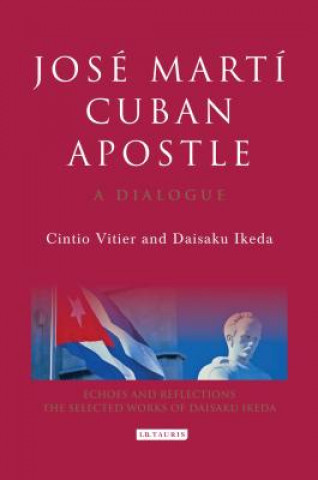
Kód: 04292547
Jose Marti, Cuban Apostle
Autor Cintio Vitier
Once called 'the wellspring of the revolution' by Fidel Castro, Jose Marti (1853-1895) is revered as one of the greatest figures in the history of Cuba. Not only was he instrumental in the late nineteenth-century cause of securing ... celý popis
- Jazyk:
 Angličtina
Angličtina - Vazba: Pevná
- Počet stran: 208
Nakladatelství: Bloomsbury Publishing, 2013
- Více informací o knize

1927 Kč
Dostupnost:
50 % šance Máme informaci, že by titul mohl být dostupný. Na základě vaší objednávky se ho pokusíme do 6 týdnů zajistit.
Máme informaci, že by titul mohl být dostupný. Na základě vaší objednávky se ho pokusíme do 6 týdnů zajistit.Prohledáme celý svět
Mohlo by se vám také líbit
-

Night And Day
276 Kč -

Poetry of Horses
426 Kč -

Changing Patterns of Management Development
1483 Kč -

In Royal Fashion
1717 Kč -
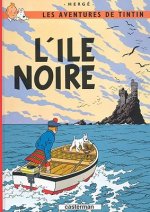
L'ile noire
423 Kč
Darujte tuto knihu ještě dnes
- Objednejte knihu a zvolte Zaslat jako dárek.
- Obratem obdržíte darovací poukaz na knihu, který můžete ihned předat obdarovanému.
- Knihu zašleme na adresu obdarovaného, o nic se nestaráte.
Informovat o naskladnění knihy
Zadejte do formuláře e-mailovou adresu a jakmile knihu naskladníme, zašleme vám o tom zprávu. Pohlídáme vše za vás.
Více informací o knize Jose Marti, Cuban Apostle
Nákupem získáte 193 bodů
 Anotace knihy
Anotace knihy
Once called 'the wellspring of the revolution' by Fidel Castro, Jose Marti (1853-1895) is revered as one of the greatest figures in the history of Cuba. Not only was he instrumental in the late nineteenth-century cause of securing Cuban independence from Spain. He is also considered one of Cuba's most brilliant writers, orators and formative intellectuals, who provided inspiration to the young Fidel, Che and their fellow revolutionaries by dedicating his whole life to the goal of national political emancipation. Jose Marti suffered persecution and early imprisonment for his convictions, and in consequence is often referred to as the 'Cuban Apostle'. In this wide-ranging discussion of Marti's life, work and influence, distinguished Cuban poet Cintio Vitier and prominent Buddhist leader Daisaku Ikeda explore their subject's understanding of non-violence; his nationalism that was also a profound openness to difference and dialogue; his spirituality; his poetical writings; and most of all his fundamental dignity, humanity and self-mastery. The book explores above all the nature of sacrifice, and the cost of relinquishing personal happiness for the sake of a great cause. The discussants examine Marti's family life, including his difficult relationships with his wife - Carmen Zayas Bazan - and his parents, who distanced themselves from his revolutionary fervour. Comparisons are drawn between Marti's ideals and Nichiren Buddhism as a source of unfailing hope and courage. As Daisaku Ikeda, follower of Nichiren, says at one point in the dialogue: 'Self-mastery is the hardest thing of all. But to have a spiritual nature worthy of the name, a person must overcome himself, a task that only a true optimist can accomplish. Marti's perspicacity is revealed in his conviction that final victory in life is assured by such optimists.' Marti, like Nichiren, had the unerring ability to turn enemies into friends. And as Cintio Vitier and Daisaku Ikeda reveal, what set Marti apart was not his thought or ideas alone but what emanated from his words and found embodiment in his actions. It was thus that a follower at the time could say of him: we don't understand him, but we are ready to die for him.
 Parametry knihy
Parametry knihy
Zařazení knihy Knihy v angličtině Humanities Religion & beliefs Religion: general
1927 Kč
- Plný název: Jose Marti, Cuban Apostle
- Podnázev: A Dialogue
- Autor: Cintio Vitier
- Jazyk:
 Angličtina
Angličtina - Vazba: Pevná
- Počet stran: 208
- EAN: 9781848851993
- ISBN: 1848851995
- ID: 04292547
- Nakladatelství: Bloomsbury Publishing
- Hmotnost: 520 g
- Rozměry: 165 × 234 × 23 mm
- Datum vydání: 17. September 2013
Oblíbené z jiného soudku
-

Waking Up
306 Kč -
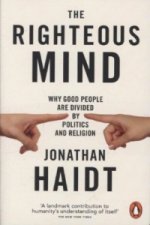
The Righteous Mind
357 Kč -

End of Faith
276 Kč -

Death
104 Kč -
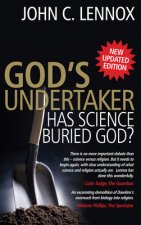
God's Undertaker
303 Kč -
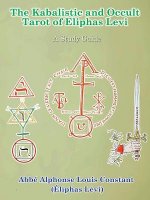
Kabalistic and Occult Tarot of Eliphas Levi
797 Kč -
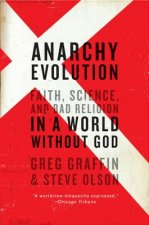
Anarchy Evolution
357 Kč -
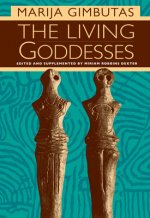
Living Goddesses
899 Kč -

Original Aramaic New Testament in Plain English with Psalms & Proverbs (8th Edition Without Notes)
844 Kč -
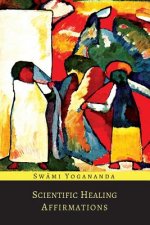
Scientific Healing Affirmations
179 Kč -

Conversations With God
306 Kč -

The Psychology of Selling
383 Kč -
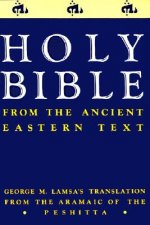
Holy Bible
635 Kč -
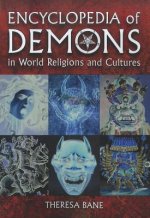
Encyclopedia of Demons in World Religions and Cultures
1470 Kč -

American Cosmic
514 Kč -
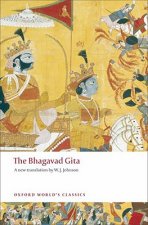
Bhagavad Gita
193 Kč -
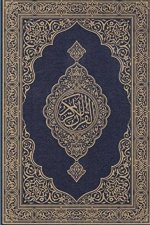
Koran
515 Kč -

Secular Age
631 Kč -
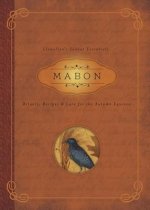
Mabon
292 Kč -

Religion for Atheists
358 Kč -
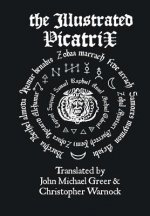
Illustrated Picatrix: the Complete Occult Classic of Astrological Magic
1497 Kč -

Cosmic Chemistry
410 Kč -

Princess Majestic Bible Tabs
166 Kč -
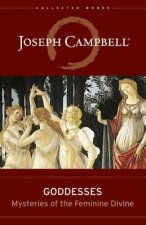
Goddesses
598 Kč -
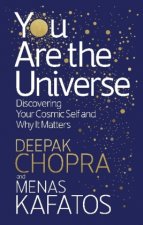
You Are the Universe
389 Kč -

Good Morning, Holy Spirit
410 Kč -
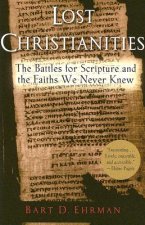
Lost Christianities
316 Kč -
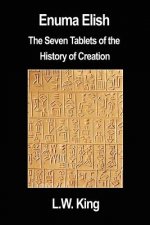
Enuma Elish
471 Kč -
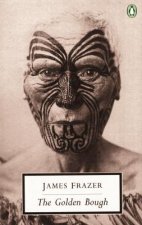
Golden Bough
475 Kč -
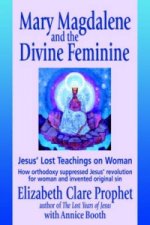
Mary Magdalene and the Divine Feminine
400 Kč -
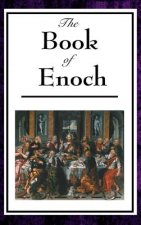
Book of Enoch
579 Kč -
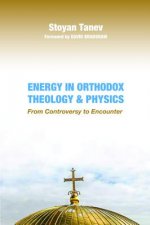
Energy in Orthodox Theology and Physics
1010 Kč -

History of God
357 Kč -

Religions Book
545 Kč -
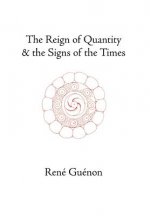
Reign of Quantity and the Signs of the Times
925 Kč -
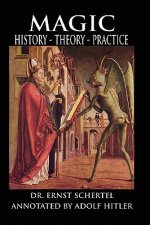
Magic: History, Theory, Practice
565 Kč -
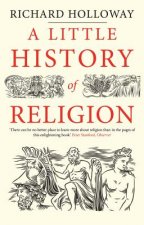
Little History of Religion
306 Kč -

Experience of God
447 Kč -
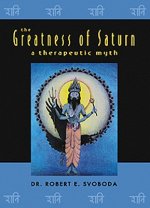
The Greatness of Saturn
306 Kč -
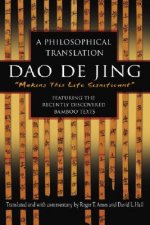
Dao De Jing
407 Kč -
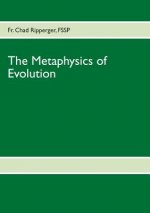
Metaphysics of Evolution
326 Kč -

Case for Polytheism
291 Kč -
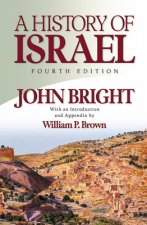
History of Israel, Fourth Edition
1259 Kč -
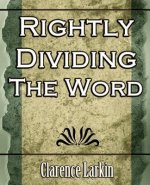
Rightly Dividing the Word (Religion)
870 Kč -
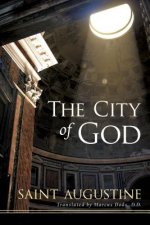
City of God
455 Kč -

Fallen Angels and the Origins of Evil
816 Kč -
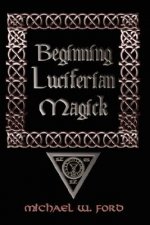
Beginning Luciferian Magick
505 Kč -
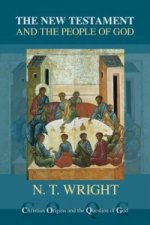
New Testament and the People of God
1404 Kč -
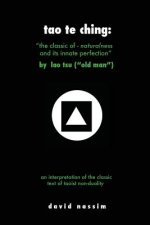
Tao Te Ching - by Lao Tsu
447 Kč
Osobní odběr Praha, Brno a 12903 dalších
Copyright ©2008-24 nejlevnejsi-knihy.cz Všechna práva vyhrazenaSoukromíCookies


 Vrácení do měsíce
Vrácení do měsíce 571 999 099 (8-15.30h)
571 999 099 (8-15.30h)